October 19 stands as one of history’s most eventful days, witnessing the rise and fall of empires, groundbreaking discoveries, and moments that shaped our modern world across centuries of human achievement.
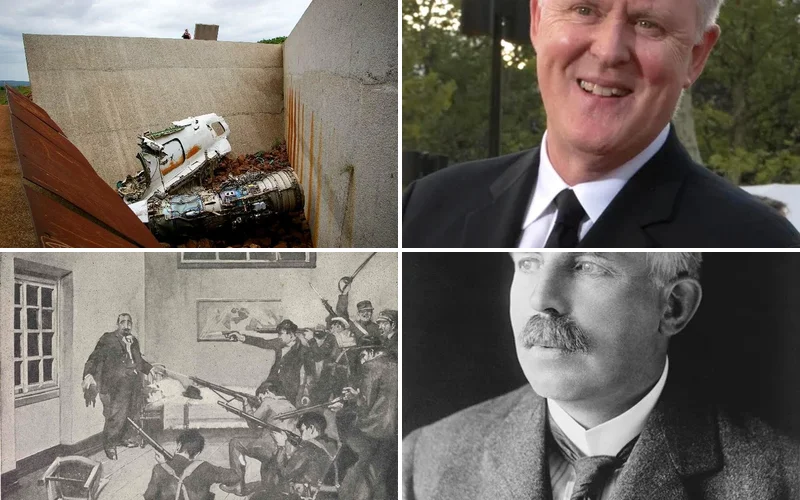
Politics and Government Events on October 19
1921 – Portuguese Prime Minister Murdered in Bloody Night Coup

Political assassins struck down Portugal’s Prime Minister and several high-ranking officials in a violent coup attempt. The Bloody Night massacre sent shockwaves through the fragile Portuguese Republic.
The brutal killings demonstrated the extreme political instability plaguing the nation. This tragic event further destabilized Portugal’s already turbulent democratic experiment during the early 20th century.
1944 – Guatemalan Revolution Begins Against Military Rule
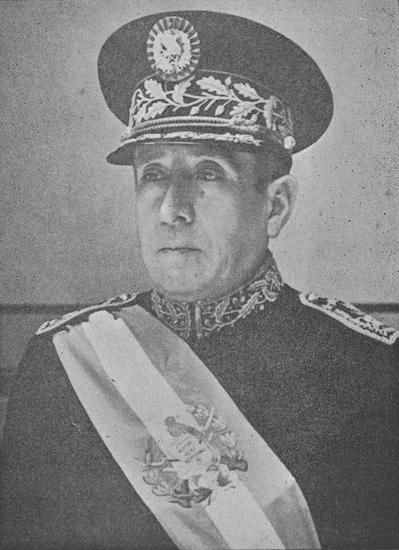
Revolutionary forces launched a decisive coup against dictator Juan Federico Ponce Vaides in Guatemala. The uprising marked the beginning of a transformative ten-year period of democratic reform.
Students, military officers, and civilians united to overthrow the oppressive regime. This revolution would bring unprecedented social and political changes to Guatemala throughout the following decade.
1974 – Niue Becomes Self-Governing Territory
The Pacific island nation of Niue achieved self-governing status while maintaining its association with New Zealand. This milestone represented a significant step toward greater autonomy for the small island community.
Local leaders gained control over domestic affairs while New Zealand retained responsibility for defense and foreign policy. The arrangement established a unique model of self-determination in the Pacific region.
1989 – Guildford Four Convictions Overturned
The Court of Appeal dramatically quashed the convictions of four men wrongly imprisoned for IRA bombings. The Guildford Four had spent fifteen years behind bars for crimes they did not commit.
This landmark decision exposed serious flaws in the British justice system and police interrogation methods. The case became a symbol of judicial reform and the fight against wrongful convictions.
2005 – Saddam Hussein War Crimes Trial Begins
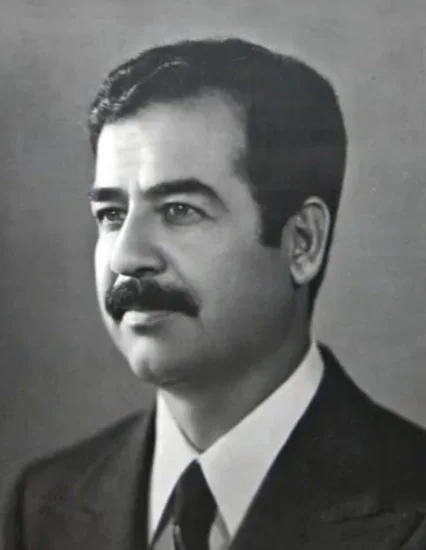
Former Iraqi dictator Saddam Hussein appeared in a Baghdad courtroom to face charges of crimes against humanity. The historic trial marked the first time an Arab leader faced justice for atrocities committed against his own people.
International observers watched as Hussein confronted accusations of systematic murder and persecution. The proceedings represented a crucial step toward accountability and justice for victims of his brutal regime.
Military and Naval History on October 19
1912 – Italy Seizes Libya from Ottoman Empire
Italian forces completed their conquest of Libya, wresting control from the declining Ottoman Empire. The Italo-Turkish War concluded with Italy gaining its first major African colony.
This territorial acquisition marked Italy’s emergence as a colonial power in North Africa. The victory demonstrated Ottoman military weakness and encouraged other European powers to challenge Turkish authority.
1914 – First Battle of Ypres Commences
German and Allied forces clashed in the opening stages of the First Battle of Ypres during World War I. This engagement would become one of the war’s most brutal and strategically important confrontations.
The battle marked the beginning of trench warfare that would define the Western Front. Thousands of soldiers would perish in the coming weeks as both sides fought desperately for control of this vital Belgian city.
1950 – Chinese Forces Cross into Korea
Chinese military units secretly crossed the border into North Korea, fundamentally altering the Korean War’s trajectory. This massive intervention came just hours after UN forces celebrated their victory at Pyongyang.
The Chinese entry transformed a seemingly concluded conflict into a prolonged and bloody stalemate. This decision would extend the war for three more years and dramatically increase casualties on both sides.
1987 – US Navy Attacks Iranian Oil Platforms
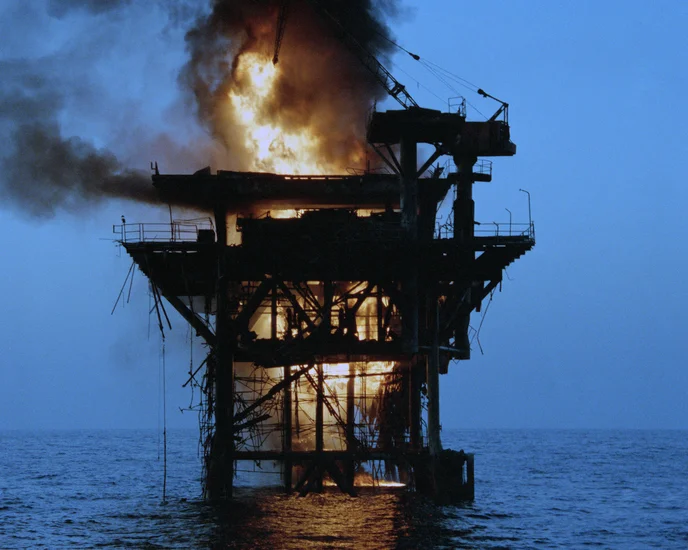
American naval forces conducted Operation Nimble Archer, destroying two Iranian oil platforms in the Persian Gulf. This military action escalated tensions during the Iran-Iraq War’s final phase.
The strikes demonstrated American commitment to protecting Gulf shipping lanes from Iranian interference. The operation marked a significant escalation in US military involvement in the Persian Gulf region.
Science and Discovery Milestones on October 19
1943 – Streptomycin Discovered at Rutgers University
Researchers at Rutgers University successfully isolated streptomycin, the first effective antibiotic treatment for tuberculosis. This groundbreaking discovery promised to save millions of lives worldwide.
The breakthrough represented a major victory in humanity’s battle against infectious disease. Streptomycin would revolutionize tuberculosis treatment and establish the foundation for modern antibiotic therapy.
1950 – Iran Accepts US Technical Assistance
Iran became the first nation to accept technical assistance under America’s Point Four Program. This landmark agreement established a new model for international development cooperation.
The program aimed to share American technological expertise with developing nations. Iran’s participation marked the beginning of extensive US involvement in Middle Eastern modernization efforts.
2005 – Hurricane Wilma Sets Intensity Record
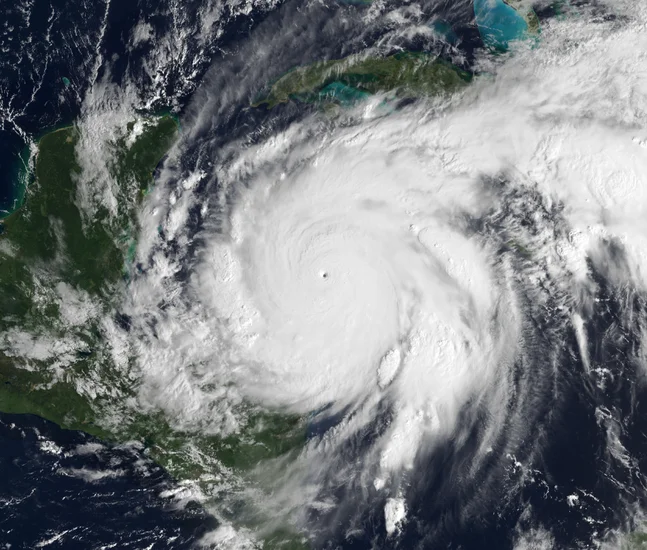
Hurricane Wilma achieved the lowest atmospheric pressure ever recorded in an Atlantic hurricane at 882 millibars. This meteorological milestone demonstrated the increasing intensity of tropical cyclones.
The storm’s unprecedented strength alarmed scientists studying climate patterns and hurricane behavior. Wilma’s record-breaking intensity highlighted growing concerns about extreme weather events and their potential causes.
Cultural and Arts Events on October 19
1953 – Ray Bradbury’s Fahrenheit 451 Published
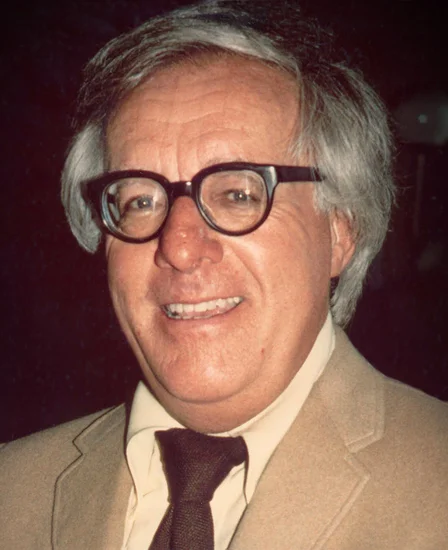
Ray Bradbury’s dystopian masterpiece Fahrenheit 451 reached bookstores, introducing readers to a terrifying future where books are banned. The novel explored themes of censorship, conformity, and intellectual freedom.
Bradbury’s vision of a society that burns books to suppress dangerous ideas resonated with Cold War anxieties. The work would become a cornerstone of American literature and a powerful warning about authoritarian control.
1955 – Eurovision Song Contest Approved
The European Broadcasting Union’s General Assembly officially approved plans for the first Eurovision Song Contest. This decision would create one of the world’s most beloved international entertainment events.
The contest aimed to unite European nations through music and friendly competition. Eurovision would grow from a simple broadcasting experiment into a cultural phenomenon spanning decades and continents.
Religious and Social Events on October 19
2003 – Mother Teresa Beatified by Pope John Paul II
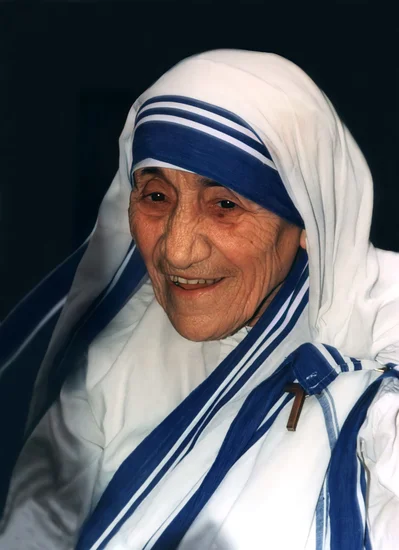
Pope John Paul II beatified Mother Teresa in a ceremony attended by thousands of faithful from around the world. The Albanian-born nun moved one step closer to sainthood for her work among Calcutta’s poorest residents.
Her beatification recognized decades of selfless service to the destitute and dying. Mother Teresa’s elevation inspired countless others to dedicate their lives to helping society’s most vulnerable members.
1988 – British Broadcasting Ban Imposed
The British government implemented a controversial broadcasting ban preventing television and radio interviews with republican and loyalist paramilitary groups. This censorship measure aimed to deny extremist organizations media access during Northern Ireland’s troubled period.
The ban sparked fierce debates about press freedom and government censorship during wartime. Critics argued that restricting media access violated democratic principles while supporters claimed it protected national security.
1987 – Jerzy Popiełuszko Murdered
Polish priest and activist Jerzy Popiełuszko was murdered by communist security forces for his opposition to the regime. His death galvanized resistance movements throughout Eastern Europe.
Father Popiełuszko’s martyrdom became a powerful symbol of religious persecution under communist rule. His sacrifice inspired countless others to continue fighting for freedom and human dignity behind the Iron Curtain.
Business and Economic Events on October 19
1987 – Black Monday Stock Market Crash
The Dow Jones Industrial Average plummeted 508 points, losing 22% of its value in the worst single-day decline in stock market history. Black Monday sent shockwaves through global financial markets.
The crash wiped out billions in wealth and triggered panic selling worldwide. This catastrophic event led to significant reforms in trading practices and market regulation to prevent similar collapses.
1960 – United States Imposes Cuba Trade Embargo
The United States government implemented a comprehensive trade embargo against Cuba, severely restricting commercial relationships between the two nations. This economic weapon aimed to pressure Fidel Castro’s communist regime.
The embargo would persist for decades, becoming one of the longest-running trade sanctions in modern history. The policy profoundly affected both Cuban society and US-Cuban relations for generations.
1956 – Soviet-Japanese Relations Normalized
The Soviet Union and Japan signed a Joint Declaration officially ending their state of war that had persisted since 1945. This diplomatic breakthrough reopened trade and cultural exchanges between the former enemies.
The agreement resolved many outstanding issues from World War II while establishing a framework for future cooperation. However, territorial disputes over the Kuril Islands would continue to complicate relations.
Transportation and Infrastructure on October 19
1944 – US Forces Land in Philippines
American military forces launched massive amphibious landings in the Philippines, beginning the liberation of the archipelago from Japanese occupation. General MacArthur fulfilled his famous promise to return to the islands.
The landings marked the beginning of the end for Japanese control in Southeast Asia. Filipino resistance fighters joined American troops in driving occupying forces from their homeland.
2004 – Corporate Airlines Flight 5966 Crashes

Corporate Airlines Flight 5966 crashed during approach to Kirksville Regional Airport in Missouri, killing all thirteen people aboard. The tragic accident highlighted ongoing safety concerns in regional aviation.
Investigators would later determine that pilot error and poor weather conditions contributed to the disaster. The crash led to enhanced safety protocols and training requirements for regional airline operations.
2013 – Buenos Aires Train Crash Injures 105

A passenger train derailed in Buenos Aires, Argentina, injuring 105 people in one of the year’s worst transportation accidents. The crash exposed serious deficiencies in the nation’s aging rail infrastructure.
Emergency responders worked frantically to rescue trapped passengers from the wreckage. The incident prompted calls for massive investments in railway safety and modernization throughout Argentina.
Sports and Recreation on October 19
1950 – Battle of Pyongyang Ends in UN Victory
United Nations forces captured the North Korean capital of Pyongyang, achieving a significant military victory in the Korean War. The success represented the high point of UN operations before Chinese intervention.
Allied troops celebrated their rapid advance northward after breaking through North Korean defenses. This triumph would prove short-lived as Chinese forces were already preparing to enter the conflict.
1973 – President Nixon Rejects Watergate Tapes Order
President Richard Nixon defied a federal appeals court order to surrender the Watergate tapes to investigators. This constitutional crisis pitted executive privilege against judicial authority.
Nixon’s refusal escalated the Watergate scandal and brought the presidency into direct conflict with the courts. The standoff would ultimately contribute to his resignation less than a year later.
1986 – Mozambique President Dies in Plane Crash
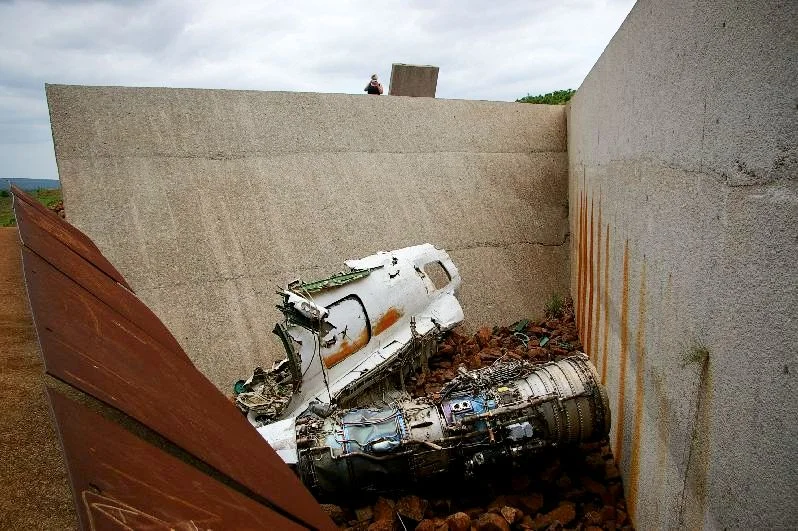
Mozambique President Samora Machel and 33 others perished when their aircraft crashed into the Lebombo Mountains near the South African border. The tragedy shocked the nation and destabilized the region.
Machel’s death came at a critical time during Mozambique’s civil war and struggle for independence. Conspiracy theories surrounding the crash would persist for decades, with many suspecting South African involvement.
Notable Births on October 19
1910 – Subrahmanyan Chandrasekhar Born
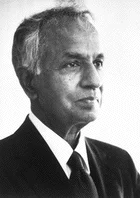
Indian-American astrophysicist Subrahmanyan Chandrasekhar was born in Lahore, British India. His childhood fascination with mathematics and astronomy would shape his extraordinary scientific career.
Chandrasekhar would later win the Nobel Prize in Physics for his groundbreaking work on stellar evolution. His research fundamentally changed our understanding of how stars live and die.
1945 – John Lithgow Born
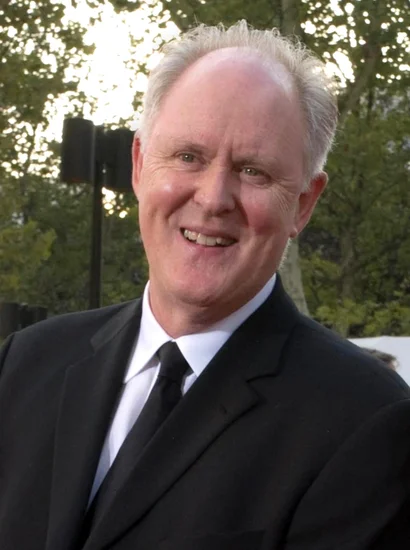
American actor John Lithgow was born in Rochester, New York, beginning a journey toward theatrical greatness. His early exposure to theater through his father’s work sparked his lifelong passion for performance.
Lithgow would become one of America’s most versatile actors, excelling in both dramatic and comedic roles. His career would span decades and include numerous Emmy and Tony Awards.
1946 – Philip Pullman Born

English author Philip Pullman was born in Norwich, England, destined to become one of the most celebrated writers of children’s literature. His childhood experiences would later influence his fantasy novels.
Pullman would create the beloved “His Dark Materials” trilogy, capturing readers’ imaginations worldwide. His works would challenge conventional thinking while entertaining millions of young readers.
1962 – Evander Holyfield Born
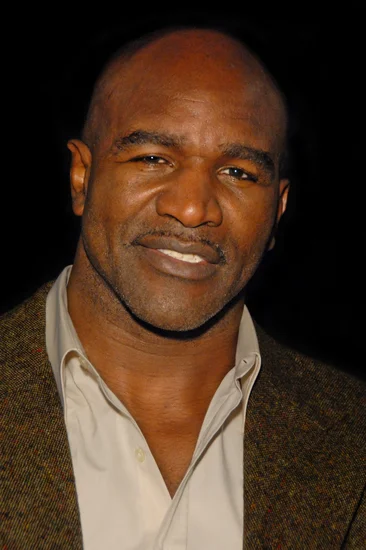
American boxer Evander Holyfield was born in Atmore, Alabama, beginning his journey toward heavyweight championship glory. His childhood determination and athletic ability set him apart from his peers.
Holyfield would become one of boxing’s greatest champions, winning titles in multiple weight classes. His courage and sportsmanship would earn him respect both inside and outside the ring.
1969 – Trey Parker Born

American animator and producer Trey Parker was born in Conifer, Colorado, showing early signs of creative genius. His irreverent sense of humor would later revolutionize animated television.
Parker would co-create the groundbreaking series “South Park,” pushing boundaries of social commentary through animation. His work would influence countless other creators and redefine adult-oriented cartoons.
Notable Deaths on October 19
1937 – Ernest Rutherford Dies
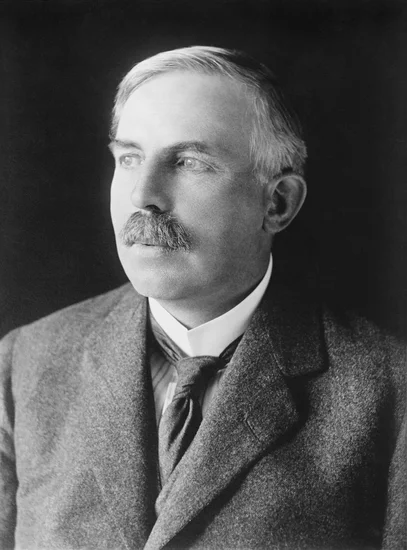
New Zealand-born physicist Ernest Rutherford died in Cambridge, England, leaving behind a revolutionary legacy in atomic science. His groundbreaking experiments had fundamentally changed our understanding of atomic structure.
Rutherford’s discovery of the atomic nucleus earned him the Nobel Prize and established him as the father of nuclear physics. His work laid the foundation for both nuclear energy and atomic weapons.
1950 – Edna St. Vincent Millay Dies
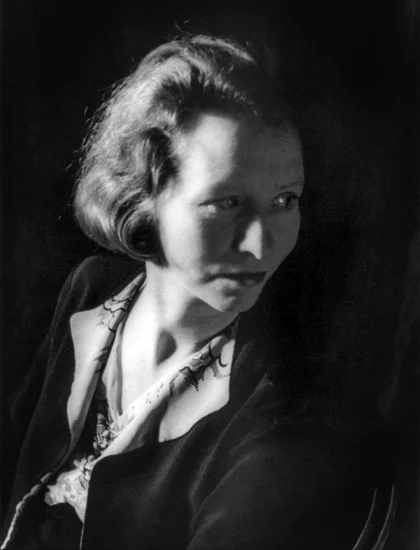
American poet Edna St. Vincent Millay died at her home in Austerlitz, New York, ending a brilliant literary career. Her passionate verses had captured the spirit of the Jazz Age and inspired countless readers.
Millay was the first woman to win the Pulitzer Prize for Poetry, breaking barriers for female writers. Her bold lifestyle and feminist themes made her an icon of artistic independence.
1987 – Jacqueline du Pré Dies

British cellist Jacqueline du Pré died in London after a long battle with multiple sclerosis, silencing one of classical music’s most gifted voices. Her passionate performances had captivated audiences worldwide.
Du Pré’s interpretation of Elgar’s Cello Concerto became legendary, establishing her as one of the greatest cellists of all time. Her tragic illness cut short a career that had promised even greater achievements.
2003 – Alija Izetbegović Dies
Bosnian politician Alija Izetbegović died in Sarajevo, having led his nation through its darkest period during the 1990s conflict. His leadership during the Bosnian War had saved his country from complete destruction.
Izetbegović served as Bosnia’s first president, navigating the complex ethnic divisions that tore his nation apart. His commitment to a multiethnic Bosnia inspired hope during the region’s most challenging times.
2010 – Tom Bosley Dies
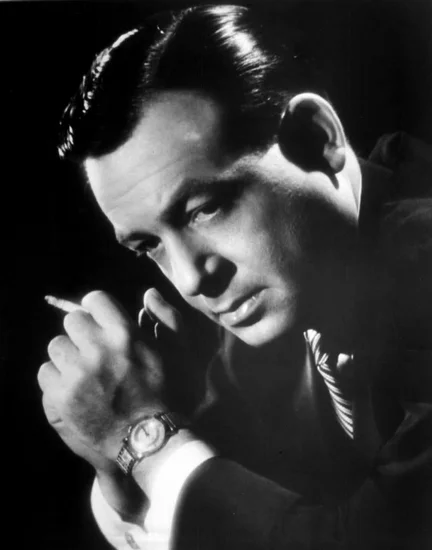
American actor Tom Bosley died in Palm Springs, California, after entertaining audiences for over five decades. His warm personality and comedic timing had made him a beloved television father figure.
Bosley’s portrayal of Howard Cunningham on “Happy Days” made him a household name throughout America. His gentle demeanor and comic skills brought joy to millions of viewers during the show’s successful run.
Holidays and Observances on October 19
Constitution Day in Niue
Niue celebrates Constitution Day, commemorating the island nation’s achievement of self-governing status in free association with New Zealand in 1974. This milestone represents the culmination of the territory’s journey toward greater autonomy.
The day honors the unique constitutional arrangement that allows Niue to govern its domestic affairs while maintaining ties with New Zealand. Citizens celebrate their distinct identity and democratic achievements through various cultural events.
World Pediatric Bone and Joint Day
Medical professionals worldwide observe World Pediatric Bone and Joint Day, raising awareness about musculoskeletal conditions affecting children. This important health observance promotes early diagnosis and treatment of pediatric orthopedic issues.
Healthcare providers use this day to educate parents and communities about preventing childhood bone and joint problems. The observance emphasizes the importance of proper nutrition, exercise, and medical care for growing children.
Oxfordshire Day
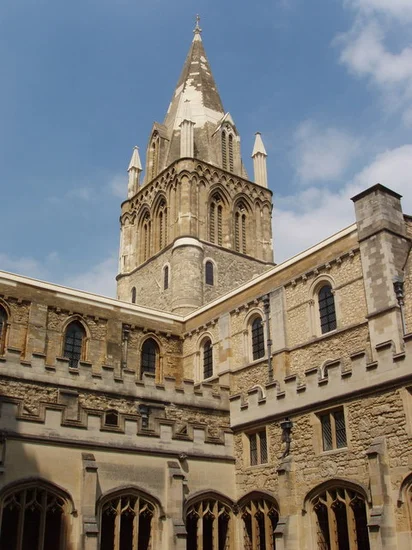
Residents of Oxfordshire, England, celebrate their county’s rich heritage and cultural contributions to British society. The day highlights the region’s historical significance, from ancient settlements to prestigious universities.
Local communities organize festivals, historical exhibitions, and cultural events showcasing Oxfordshire’s unique character. The celebration strengthens regional identity while promoting tourism and economic development throughout the county.
